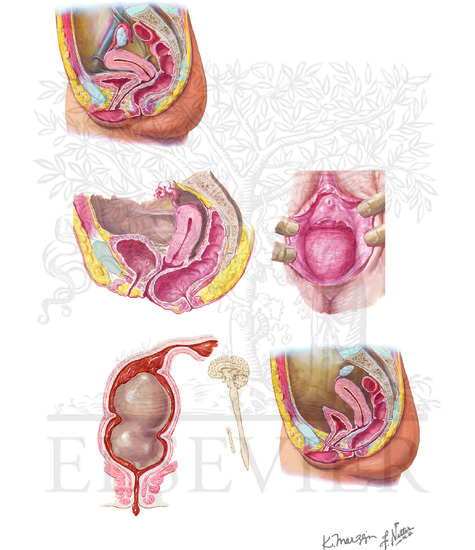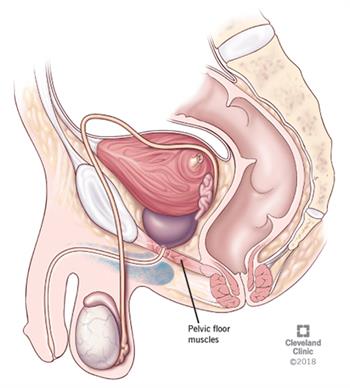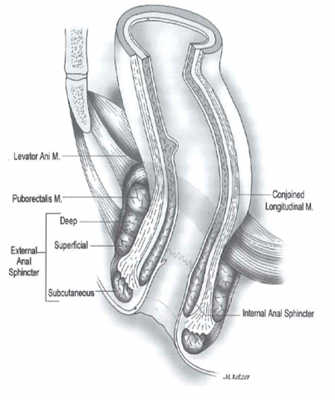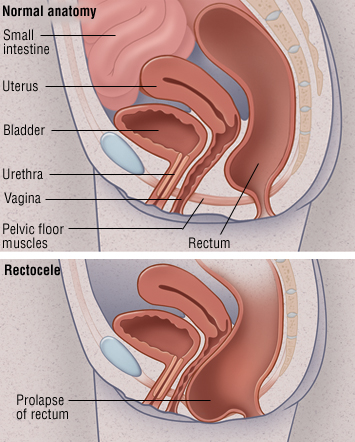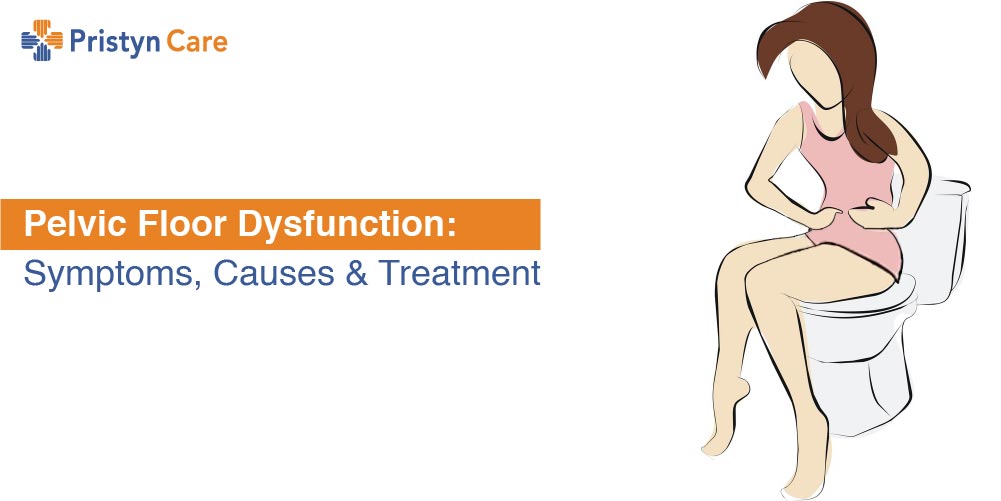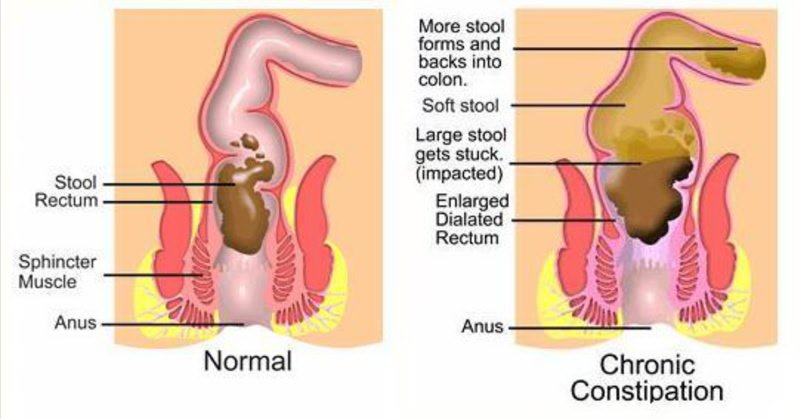Pelvic Floor Dysfunction Causing Constipation

Symptoms include constipation straining to defecate having urine or stool leakage and experiencing a frequent need to pee.
Pelvic floor dysfunction causing constipation. If the pelvic floor muscles in the rectum are too tight and unable to relax it becomes difficult for stool to be passed. 3 the three primary causes of constipation which are distinguished according to their pathophysiological characteristics include slow transit constipation colonoparesis defecatory disorders pelvic floor dysfunction outlet obstruction and normal transit constipation functional. Pfd can lead to constipation through a condition called dyssynergic defecation also known as anismus. If you suffer from constipation predominant ibs ibs c and suffer from straining incomplete evacuation and or find that you need to use fingers to aid in a bowel movement you should talk to your doctor about the possibility that pfd is contributing to your symptoms.
As many as 50 percent of people with chronic constipation have pelvic floor dysfunction pfd impaired relaxation and coordination of pelvic floor and abdominal muscles during evacuation. Pelvic floor dysfunction as a cause of constipation the pelvic floor muscles act as a sling and hold up abdominal organs. In constipation the pelvic floor muscles are tight and overactive and do not know how to relax. This can lead to straining during a bowel movement which causes the muscles to tighten even.
Research has shown that upwards of 50 of people with constipation have concurrent pelvic floor dysfunction. Outlet constipation occurs when the stool is stuck in the rectum which is usually due to dysfunction of the pelvic floor muscles. The effect also seems to improve over time up to two years. So when on the toilet the pelvic floor muscles are creating a serious kink on the rectum and it s very difficult to push the bowel motion out without straining pain or causing anal fissures little tears in the anus.
Three important organs bladder rectum and vagina exit through the pelvic floor and can be caught up in problems if these pelvic muscles do not relax when we need them to do so that is during urination defecation or. If your pelvic floor dysfunction is the result of a rectal prolapse a condition that causes the rectal tissue to fall into the anal opening surgery will loosen the affected pelvic organs. Straining hard or thin stools and a feeling of incomplete elimination are common signs and symptoms. Pfd and constipation.

